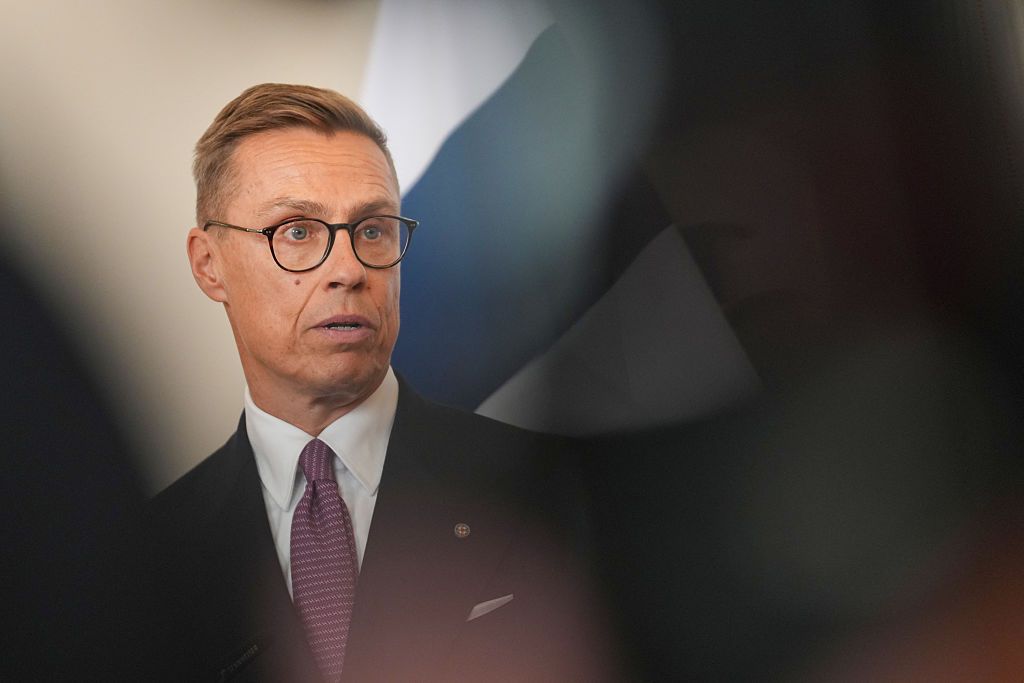
European countries that are considering providing post-war security guarantees to Ukraine must be prepared to confront Russia if hostilities resume, according to Finnish President Alexander Stubb. In an interview with The Guardian published on September 20, Stubb emphasized the seriousness of these commitments, stating that the essence of security guarantees is to act as a deterrent.
When questioned about whether the guarantors of these assurances would be ready to engage militarily with Russia, Stubb replied,
“That is the idea of security guarantees by definition.”
He further elaborated,
“Security guarantees, in essence, are a deterrent. That deterrent has to be plausible, and in order for it to be plausible, it has to be strong.”
Building a Coalition for Peace
The push for post-war security guarantees comes amid ongoing efforts by Ukraine and its allies to establish a framework that includes a potential peacekeeping force. This initiative, led by a “coalition of the willing” spearheaded by France and the U.K., aims to maintain any future ceasefire or peace agreement. Several meetings have been held to develop these assurances, underscoring the international community’s commitment to Ukraine’s sovereignty.
Despite the Kremlin’s vocal opposition, Stubb made it clear that Russia will have no influence over the security guarantees being formulated. He stated,
“Russia has absolutely no say in the sovereign decisions of an independent nation state … So for me it’s not an issue will Russia agree or not. Of course, they won’t, but that’s not the point.”
Russian Opposition and Diplomatic Stalemate
Moscow has consistently opposed the involvement of foreign peacekeeping troops in Ukraine, as reported by Russian state media on September 4. Russian Foreign Ministry spokesperson Maria Zakharova was quoted saying,
“Russia does not intend to discuss foreign intervention in Ukraine, which is fundamentally unacceptable and undermines all security, in any form or format.”
Stubb also commented on the current diplomatic impasse, noting that Russian President Vladimir Putin appears unwilling to engage in meaningful negotiations, despite Ukrainian President Volodymyr Zelensky’s openness to dialogue. Stubb remarked,
“His war is too big for him to lose. He has made probably the biggest strategic mistake in recent history, certainly since the end of the Cold War, and he has failed in all of his strategic aims. It’s a question when he comes to the negotiating table, hopefully sooner rather than later, but right now I’m quite pessimistic.”
Historical Context and Future Implications
The situation echoes historical tensions during the Cold War, where proxy conflicts and diplomatic standoffs were common. The potential for a renewed confrontation with Russia over Ukraine’s security guarantees highlights the ongoing geopolitical struggle in Eastern Europe.
Experts suggest that the establishment of robust security guarantees could deter future aggression, but also risk escalating tensions further. The international community remains divided on the best approach, with some advocating for a strong military presence while others call for diplomatic solutions.
As the situation develops, the world watches closely, aware that the decisions made today could have lasting implications for regional stability and international relations. The commitment of European nations to Ukraine’s security underscores a broader resolve to uphold international law and the sovereignty of nations, even in the face of formidable opposition.
The next steps will likely involve continued diplomatic efforts to solidify these guarantees, alongside preparations for potential military engagement, should Russia choose to challenge them. The global community remains hopeful for a peaceful resolution, but prepared for the challenges that may lie ahead.






